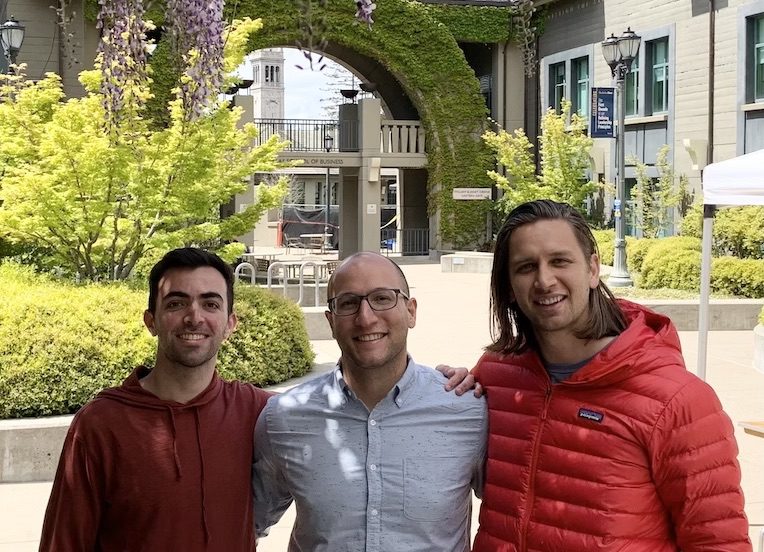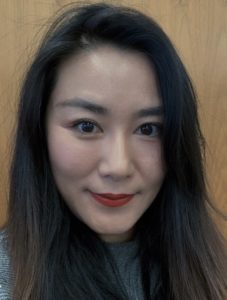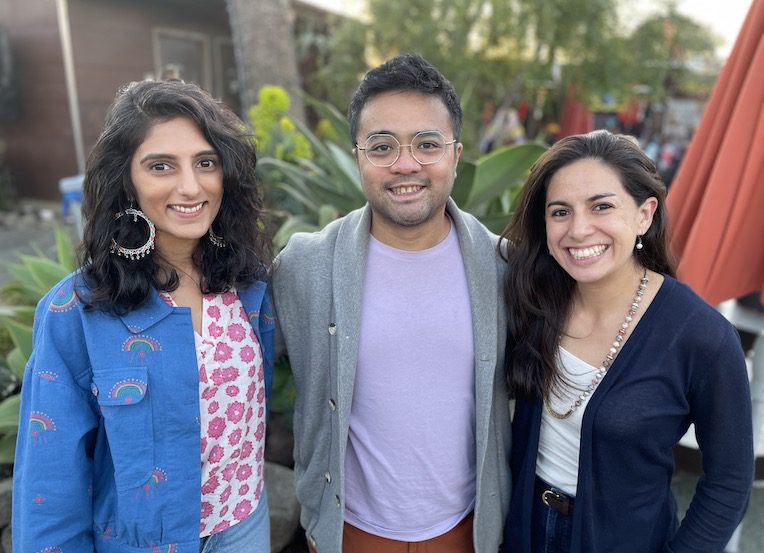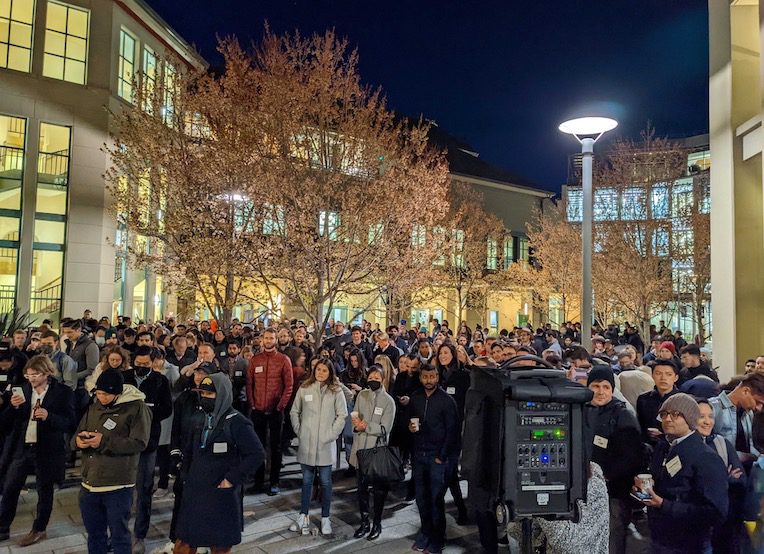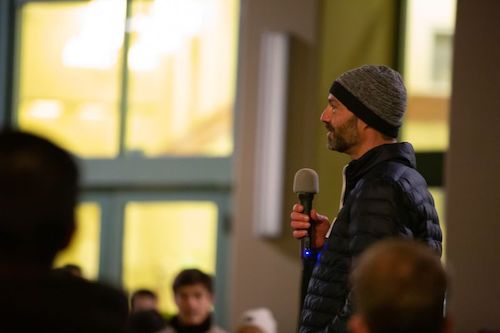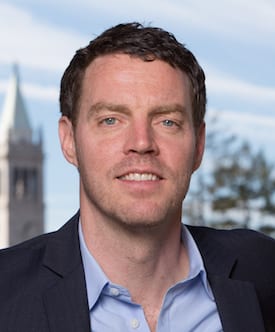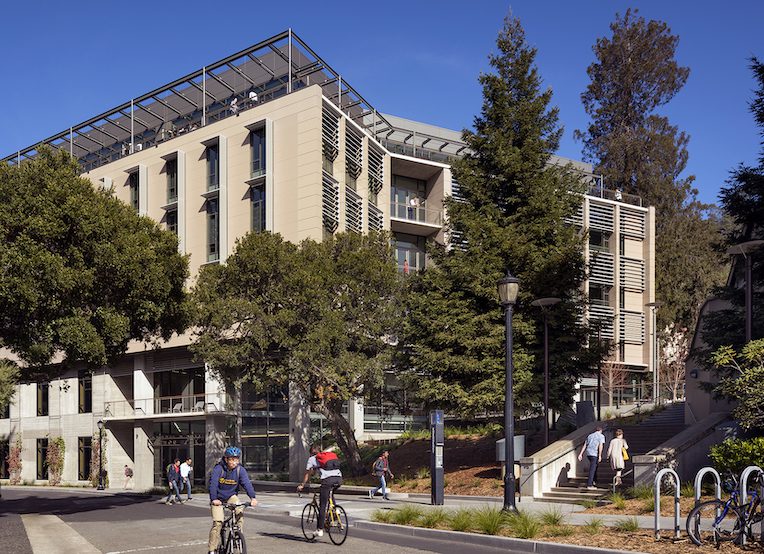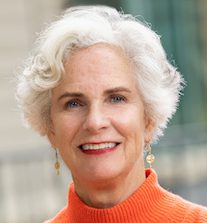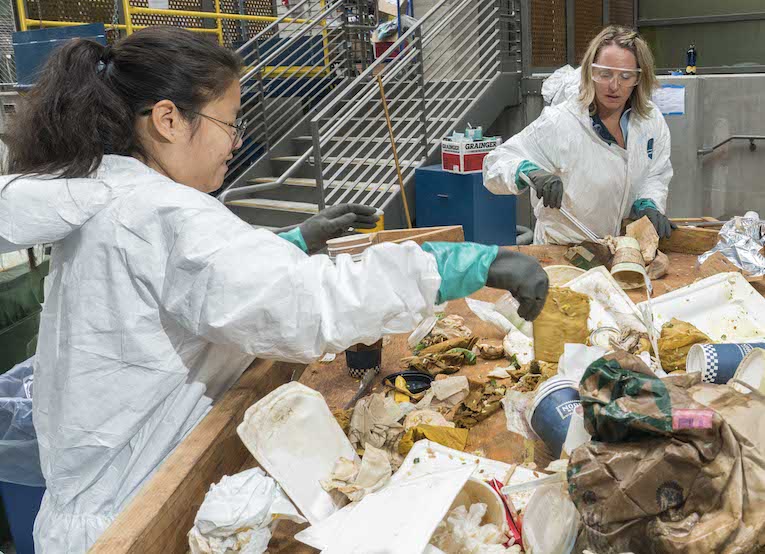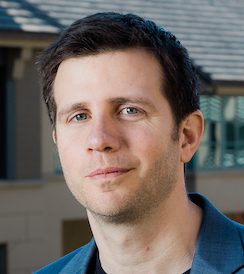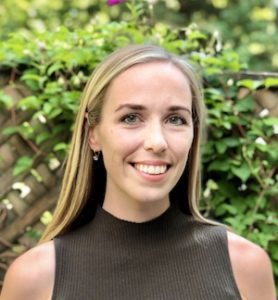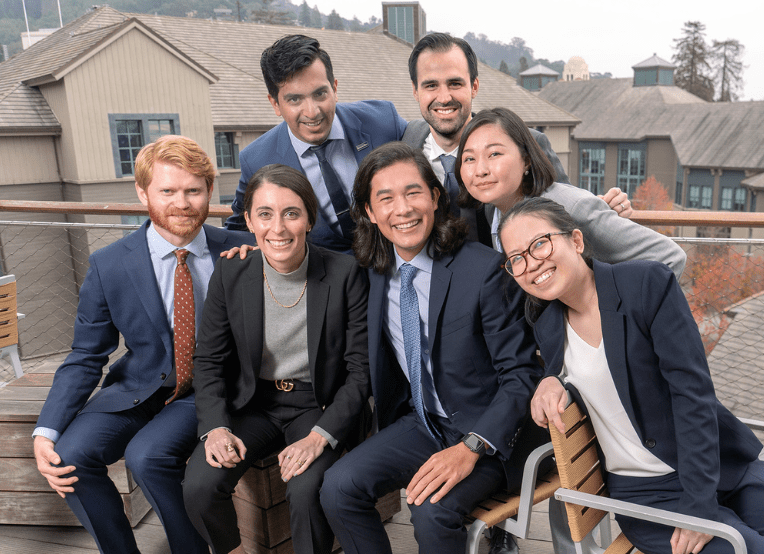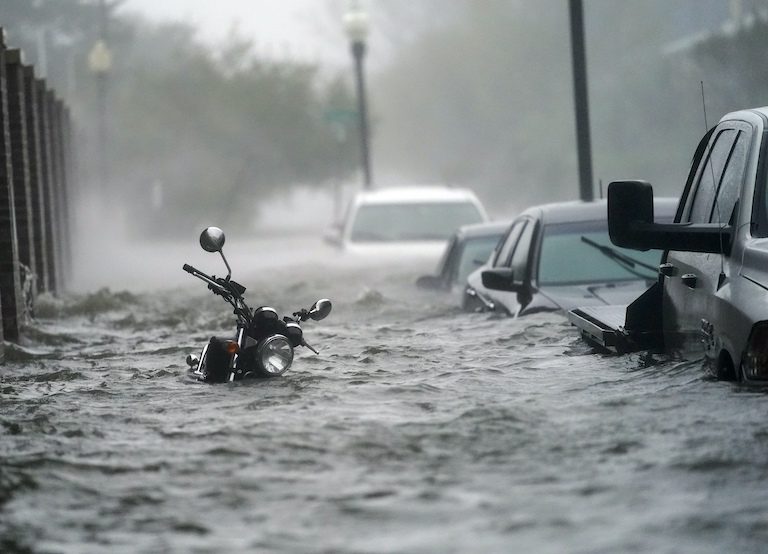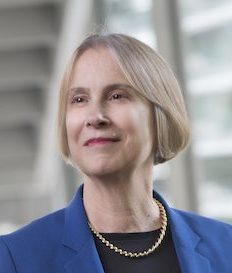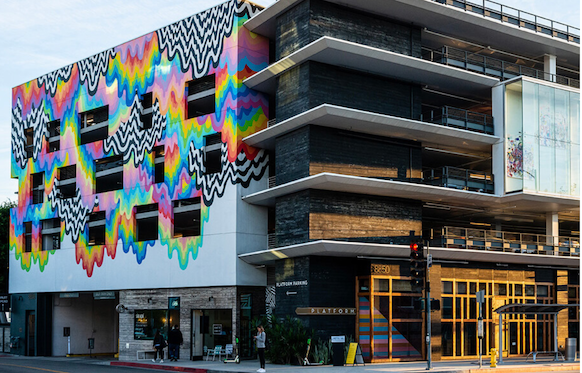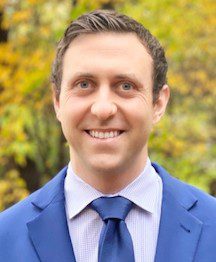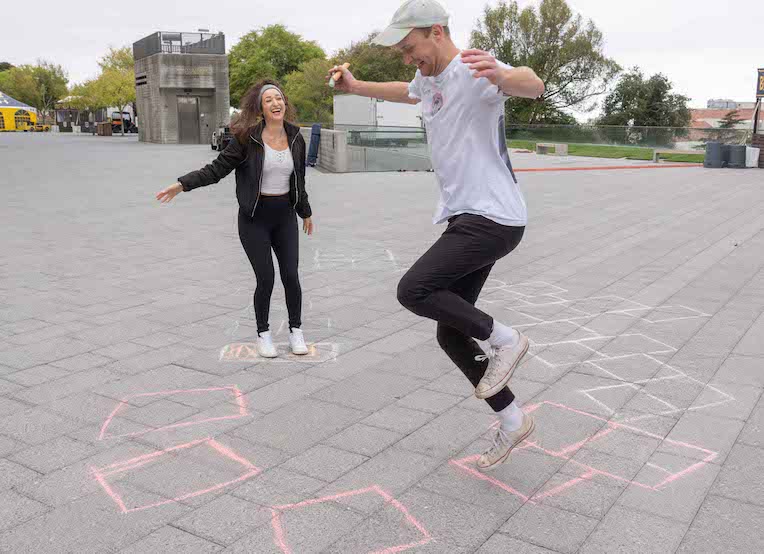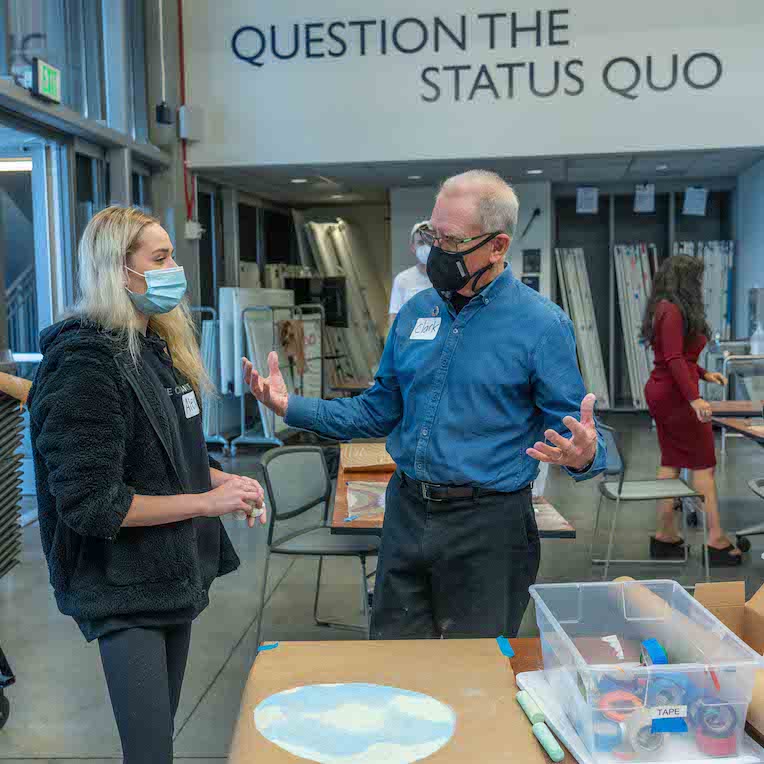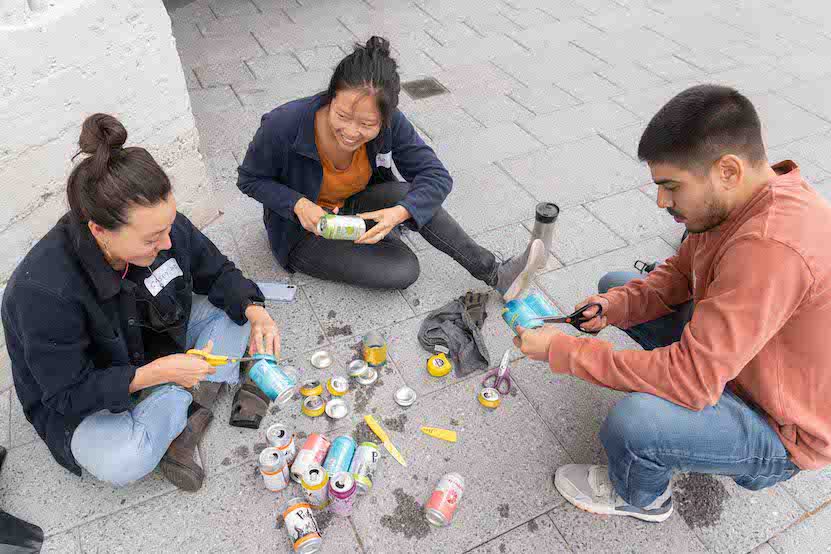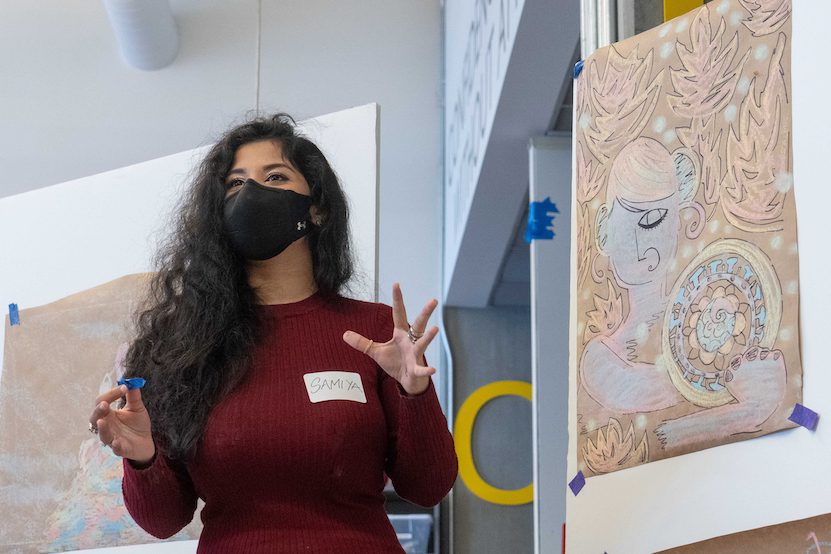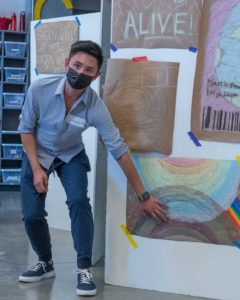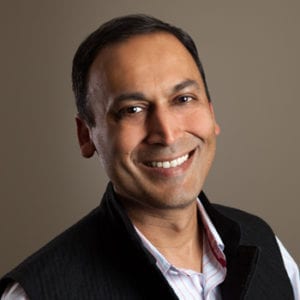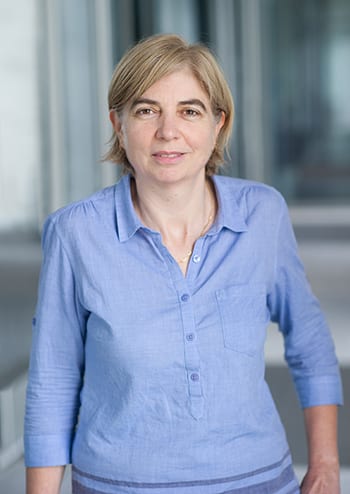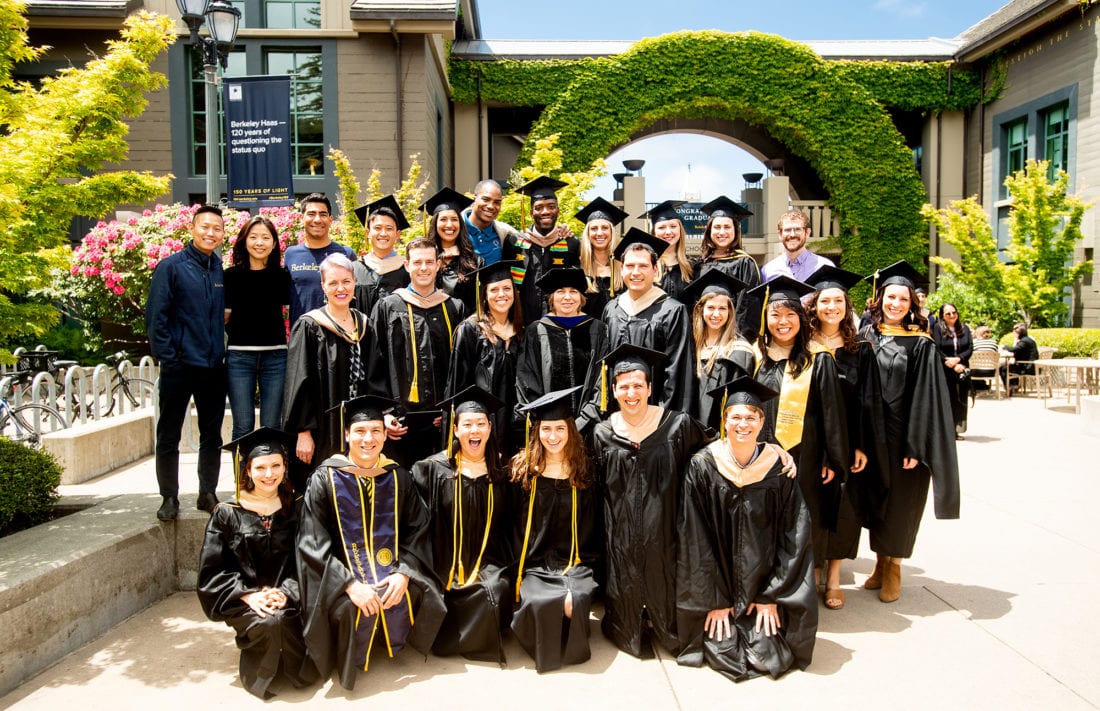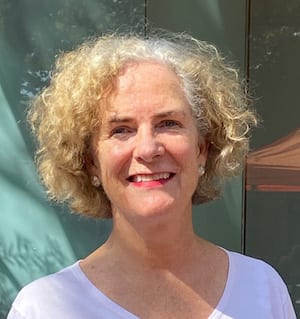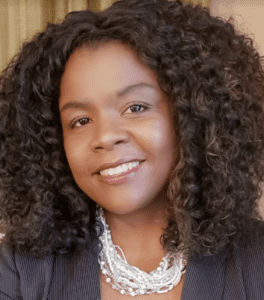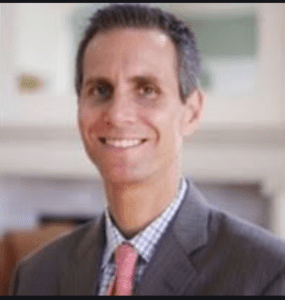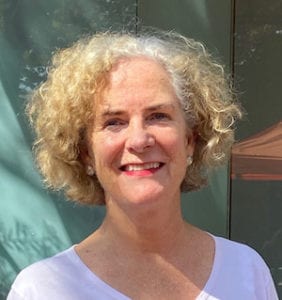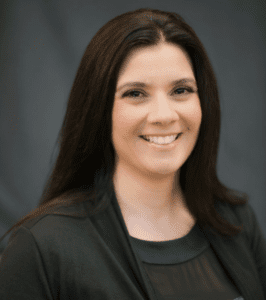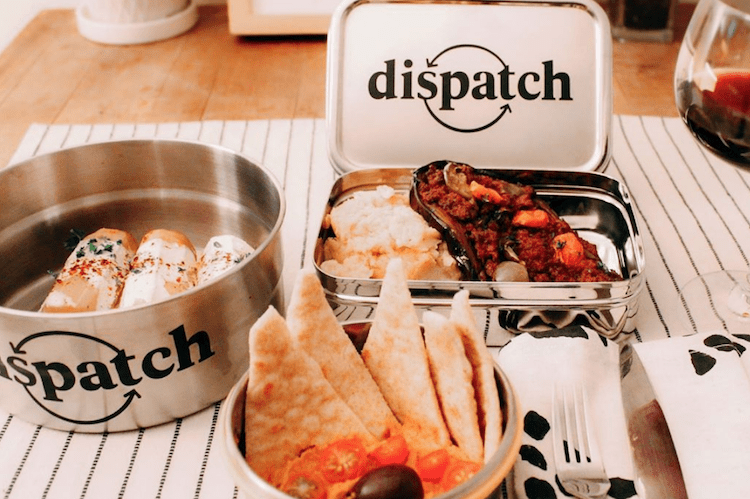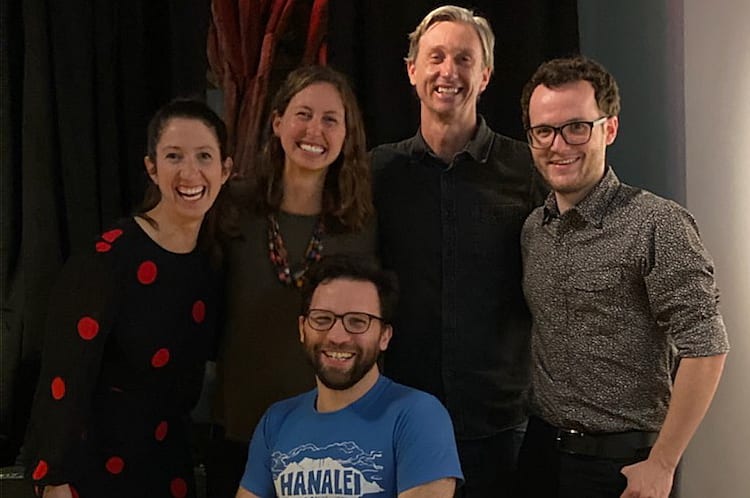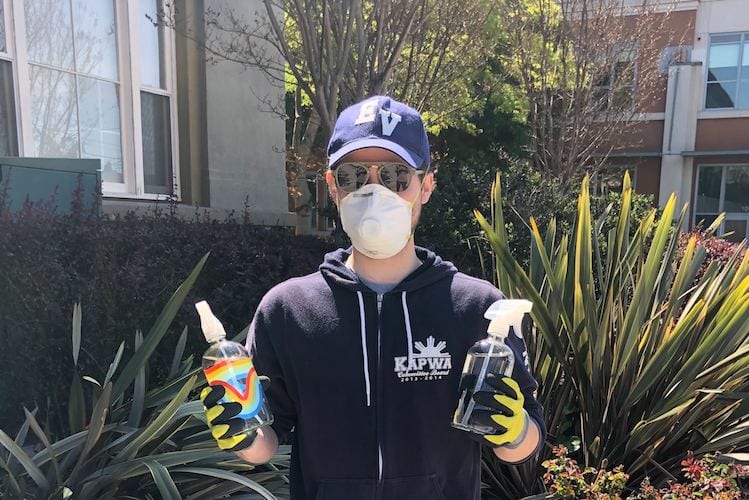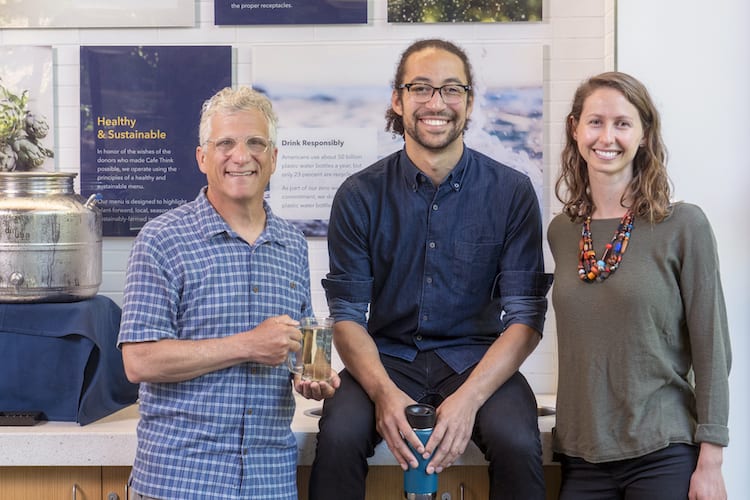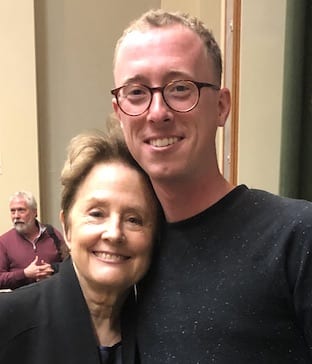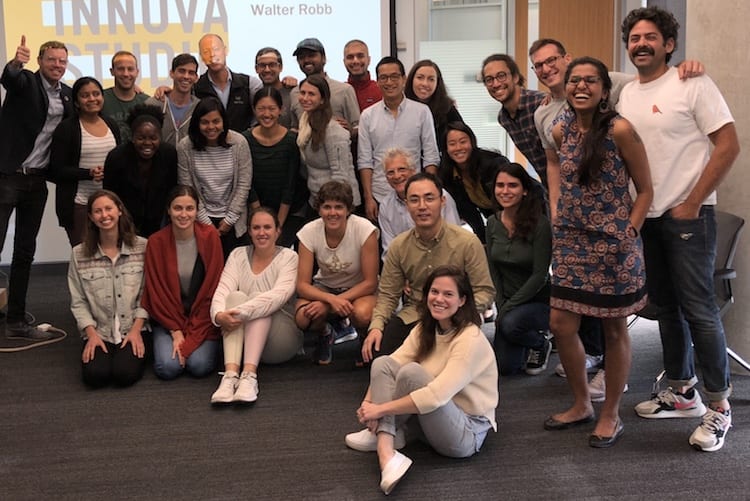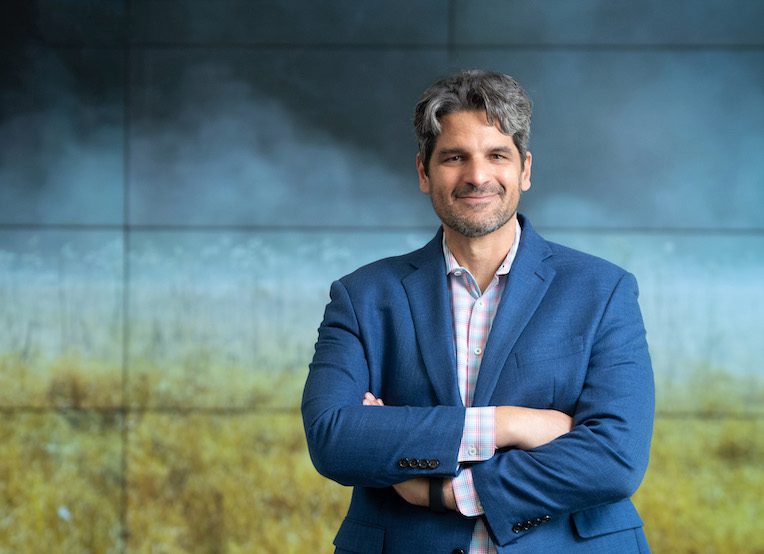
A passion to protect the environment began as a child for Sheeraz Haji, the new co-director of the Cleantech to Market (C2M) Program at Berkeley Haas.
“My dad was working in Africa for the World Bank, and we got to see how water pollution impacts peoples’ lives,” said Haji, who directs C2M with Brian Steel. “I ended up going back to Africa in college, and the environment just emerged as something that I became interested in.”
We talked to Haji, who began his career as an environmental engineer, about his varied career and his plans for C2M, a program that matches graduate student teams with entrepreneurs seeking to commercialize their climate tech solutions.
Tell us a bit about yourself. Where did you grow up?
All over the world, actually. My dad worked for the World Bank, so we lived in Washington DC, then in Algeria and then Kenya when I was between eight and 12. Africa was amazing; Nairobi was a peaceful, amazing city surrounded by stunning parks. My dad was born and raised in East Africa so it felt like discovering our roots. One of my big memories was kicking and screaming when my parents told my brother and I we had to return to DC, where I went to high school. We didn’t want to go.
How did living in Africa as a kid impact your world view?
Africa played a big role in shaping my world view. My dad’s work gave me exposure to development and sustainability projects. It hit me as a young person. I was like, ‘Oh, this is something to hold onto.’ It was a pretty strong focus coming out of college. Later I got interested in a lot of other things, including business and software.
You’ve had an interesting career. What are some of the highlights?
There are different parts of my background that fit so well with this job. I studied environmental engineering in college, and started my career as an environmental engineer, working on water and air pollution issues. I’ve had some twists and turns in my career, working at McKinsey in strategy and at startups, running software startup GetActive, which helped nonprofits raise money online. But certainly the environment and energy have been big themes. Recently, I ran a company called Cleantech Group which helps corporations and investors across the globe invest in sustainable innovation. I now focus on climate tech investing and corporate consulting through my own firm, zipdragon ventures.
There are different parts of my background that fit so well with this job. I studied environmental engineering in college, and started my career as an environmental engineer, working on water and air pollution issues.
What interested you in C2M and this role in particular?
First and foremost, I’ve known Brian (Steel) for a while. We met back in 2013 when I became involved in the program as a guest speaker, a coach, and then as a judge last year. What interested me was just observing and admiring what Brian and (former C2M co-director) Beverly Alexander had built and the impact it had on the students and the entrepreneurs. They put a lot of passion into this program. When I talked to students last year it was clear that C2M was a transformative experience for many of them. Brian, Beverly and co-faculty Bill (Shelander) have also done a really nice job of also keeping other folks from Haas, from the Berkeley ecosystem, and from the industry involved. Also, I have always dreamed of teaching at a world-class institution such as Haas, which happens to be very close to my home in Berkeley.
What are some of the trends that you’re seeing as an investor in clean tech markets?
Investors have poured more money into climate tech in recent years than at any other stage in my career. Global enterprises are driving sustainability goals, and governments are seeking to adopt policies to accelerate transitions to a low-carbon economy. We have observed some big financial outcomes for climate tech startups – something we had not seen for a long time. For example, quite a few EV charging companies have been able to access public markets and provide big returns for founders and investors. In the larger picture, I see sustainability serving as a huge driver across every industry and every company. There’s a massive amount of investment and adoption of climate technologies like the ones we work on at C2M. It feels like a unique time across the globe to focus on clean tech.
Can you share immediate/long-term plans for C2M?
I think job number one is for me to learn the program. Job number two is to try to not to mess up a good thing. We’ve got amazing students and a great cohort of startups. We must execute. We’re definitely looking at the curriculum, trying to figure out if and where to adjust. We’ve had some interesting conversations around, ‘Okay, where could we go? Is it another cohort, perhaps? Doing a class in the spring versus just in the fall?’ Also, we’re trying to be creative, as in, ‘Okay, there’s a great set of relationships, both within and outside the university community, creating a wonderful foundation. What else could we do?’ We are very open to ideas, and would love to hear from the Haas community.
